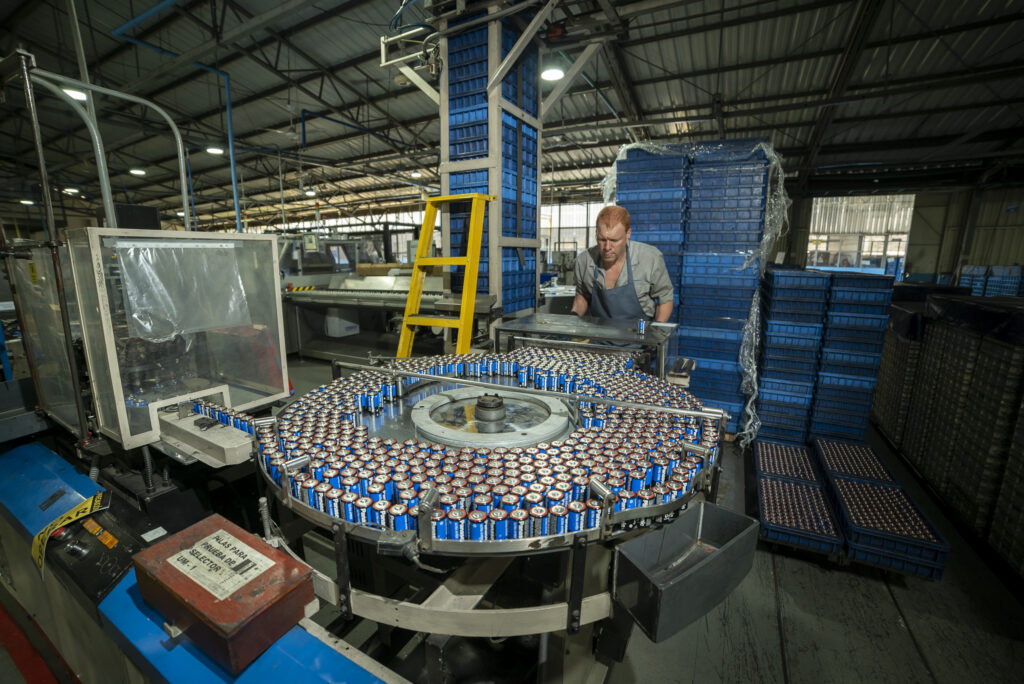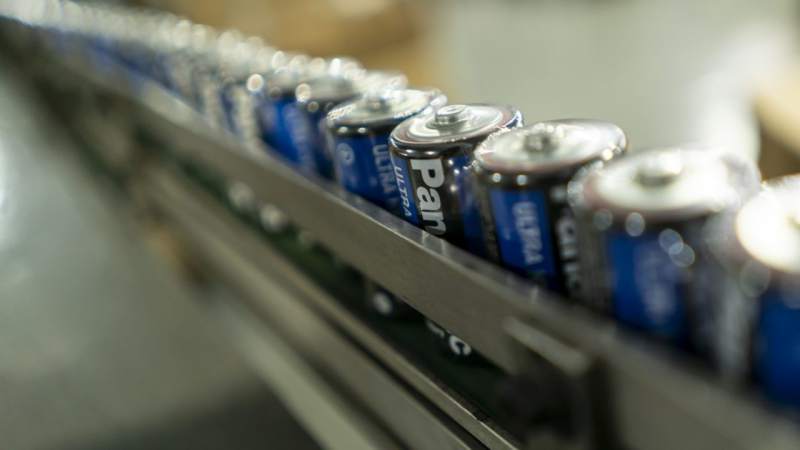- Brief Overview – Originally founded by Kōnosuke Matsushita in 1918 as a lightbulb socket manufacturer, Panasonic is now a major Japanese multinational company that manufactures a broad range of products, including: televisions, cameras and camcorders, home entertainment, home appliances, personal and healthcare, cooking, and home phones (All Panasonic Products). Panasonic headquarters are in Kadoma, Japan, and have 70 office locations across 52 countries around the world. It has been active in Costa Rica for over 50 years, and has facilities in San Rafael de Alajuela. According to the Tico Times, in March last year (2021) Panasonic announced plans to “invest $10 million to expand its operations in Costa Rica, with the ultimate goal of replacing a production line the company currently runs in Asia” (Panasonic to expand Costa Rica-based operations). It is estimated that this project will create 25 new jobs in the plant, as well as 40 jobs during construction. As cited by their website, Panasonic Latin America has a total of 243,540 employees across Colombia, Costa Rica, Ecuador, El Salvador, Guatemala, Dominican Republic and other Caribbean Islands (Panasonic Latin America, S.A.). Presently, the plant in Costa Rica manufactures Type D and Double-A batteries, and packages and distributes Triple-A, Alkaline and Panasonic car batteries. As for output, 20 percent is sold domestically, while the remaining 80 percent is exported, primarily to Mexico, the United States and Peru (Panasonic to expand Costa Rica-based operations).
- Potential Impacts – Panasonic is committed to environmental sustainability and working towards carbon neutrality. As stated by Public Technologies Incorporated, Panasonic emits 110 million tons of CO2 each year (Strategic Move To Ensure A Prosperous Future: Panasonic’s Carbon Neutral Challenge). Obviously, this has tremendous negative effects that can be felt around the world. Currently, Panasonic is working to reduce its carbon footprint and undertaking a number of initiatives to support the achievement of the United Nations 17 Sustainable Development Goals (SDGs). According to their website, “Thanks to a joint venture with the national government and state-run electric company, Panasonic and the country of Costa Rica are making great strides in reducing their environmental burden to reach their goals of net-zero CO2 emissions by 2050” (Panasonic Costa Rica’s Zero-CO2 Factory Driven by Multi-sector Collaboration). In fact, it is the first factory in Costa Rica run entirely by renewable energy (solar other sources). This initiative is a step in the right direction for the company, and is a good example of effective public and private collaboration (which is socially beneficial). In addition, by providing jobs and markets in Costa Rica, the plant is certainly economically beneficial for the country.

- Discussion/Reflection – The theoretical framework that best represents the presence of Panasonic in Costa Rica is neo-colonialism. This is a good example of how the United States has taken on a neo-colonial role in the development of other countries. Some political and economic systems in Costa Rica are controlled by the United States through trade, political relationships, and foreign aid and loans. An argument can also be made for Panasonic’s presence being a part of neoliberal politics, because Costa Rica’s economic markets are open to transnational investment. In the 1980s, Ronald Reagan (President of the United States) and Margaret Thatcher (Prime Minister of the United Kingdom) brought about neoliberal politics, and they have been dominant in the global sphere ever since.
Works Cited
“All Panasonic Products.” Panasonic, Panasonic UK & Ireland, https://www.panasonic.com/uk/consumer/all-products.html.
“Panasonic Costa Rica’s Zero-CO2 Factory Driven by Multi-Sector Collaboration.” Panasonic Newsroom Global, Panasonic Corporation, 12 Nov. 2020, https://news.panasonic.com/global/stories/2020/83867.html.
Panasonic Global, Panasonic Corporation, https://www.panasonic.com/global/home.html.
“Panasonic Latin America, S.A.” Panasonic, Panasonic Latin America, S.A., https://www.panasonic.com/caribbean/corporate/profile/overview.html.
“Strategic Move To Ensure A Prosperous Future: Panasonic’s Carbon Neutral Challenge.” Public., Public Technologies Inc., 18 Jan. 2021, http://www.publicnow.com/view/07C3D78197AD29C745E63E36A72D52078C7AD744.
Zúñiga, Alejandro. “Panasonic to Expand Costa Rica-Based Operations.” The Tico Times, The Tico Times Company, 3 Mar. 2021, https://ticotimes.net/2021/03/03/panasonic-to-expand-costa-rica-based-operations-2.
